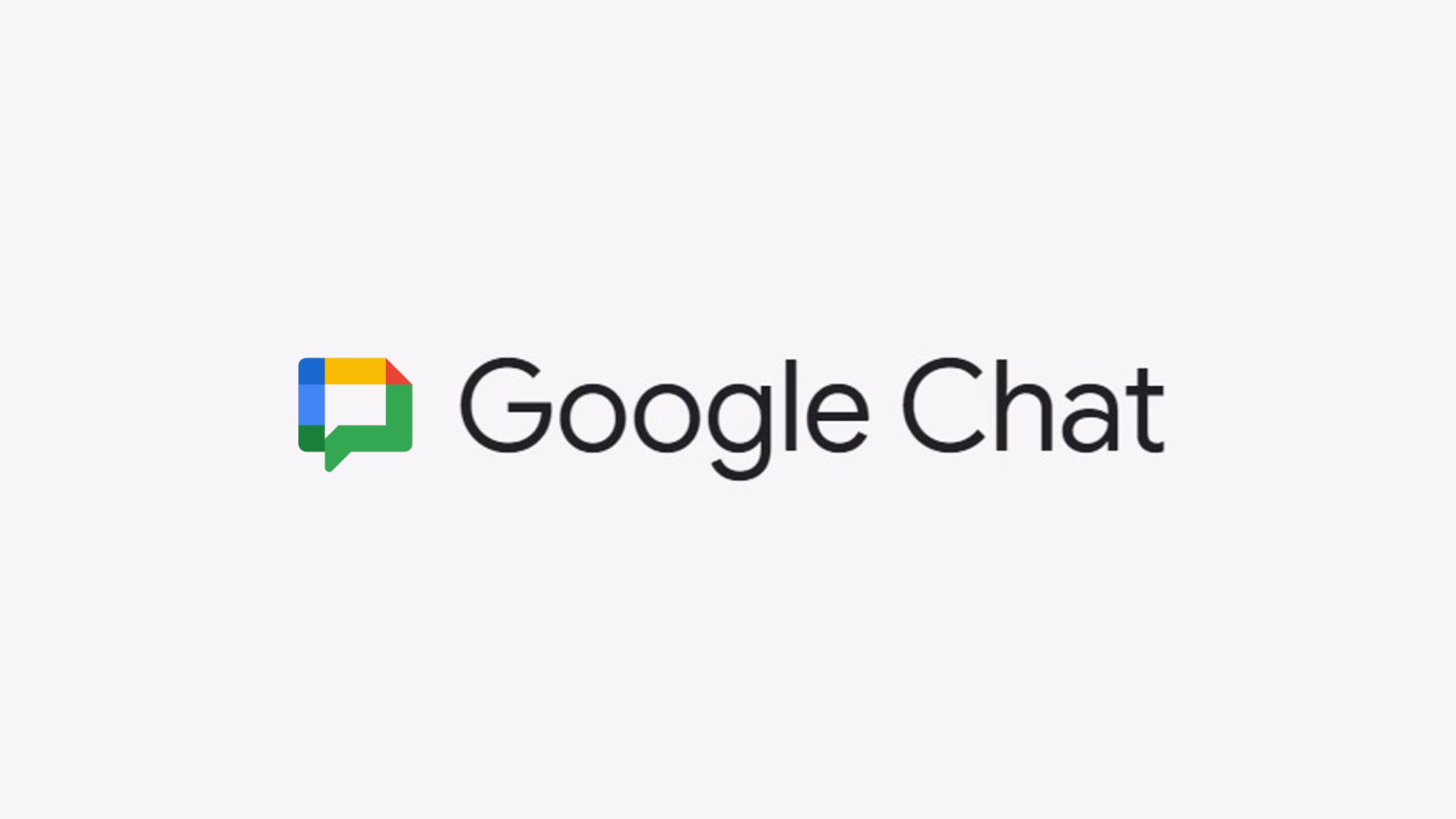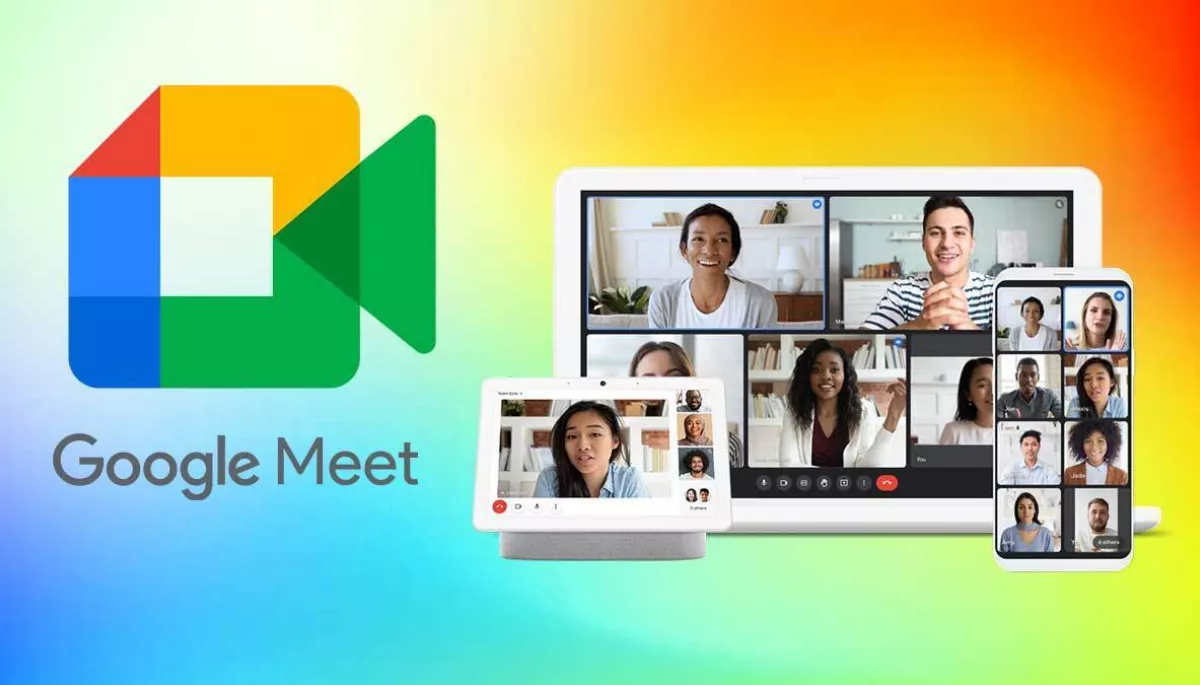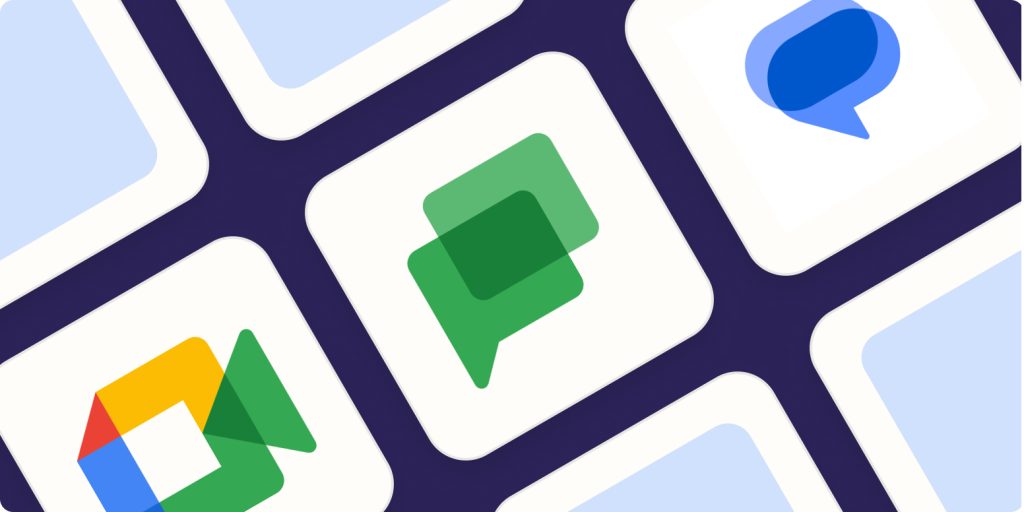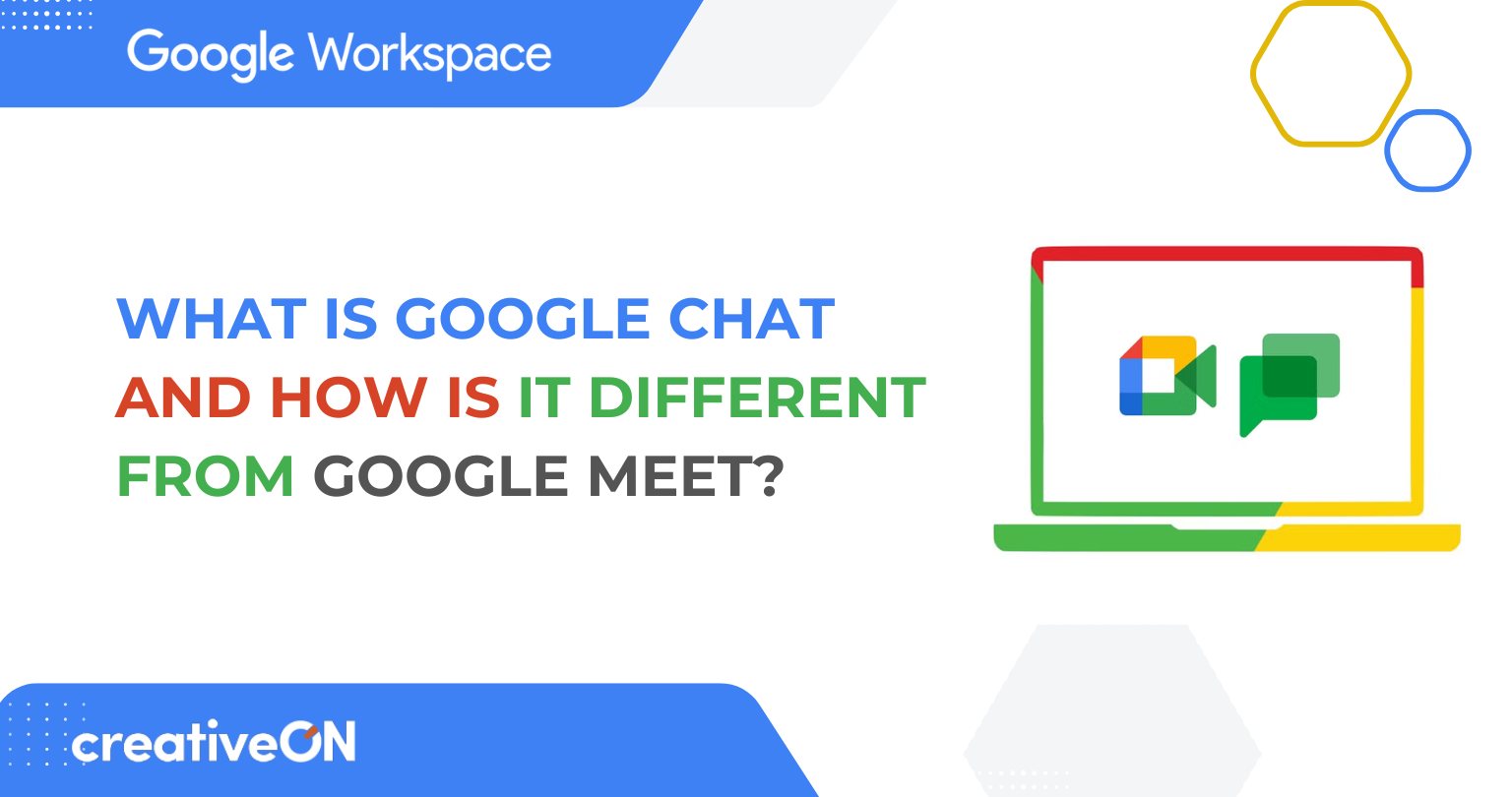Google Chat vs. Google Meet: What’s the Difference?
Hey there! 🤗 Ever wondered what Google Chat and Google Meet are? And how are they different? They might sound alike, but one is for texting and the other is for video calls. Let’s break it down in simple words, with fun examples. You’ve got this!

What is Google Chat?
Picture this: Google Chat is like texting on your phone, but for school or work. It’s a messaging app from Google where you can send notes, pictures, or files to one person or a group. Think of it as a place (inside Google Workspace) where classmates, teachers, or teammates send quick messages back and forth. Google Chat works on your computer or phone, and you can even find it inside Gmail.
- It’s made for typing messages. You can chat with one friend or a whole group.
- You can share Google Docs, Sheets, and Slides in the chat. Easy!
- It has “rooms” or “spaces” for different topics, kind of like group chats. You can create a room for a project and all team members can talk there.
- If you’ve used Slack or WhatsApp, Google Chat is similar, but it’s part of Google’s apps.
- Google Chat was built to replace Hangouts, and it has threads so you can break off side discussions in a chat.
Google says Google Chat helps teams “connect and collaborate online”. In simple words, it’s a chat tool for sending messages and working together. You can ask questions like, “Can anyone check my math answers?” or say “Good job on the project!” and everyone in the chat sees it.

What is Google Meet?
Imagine a video call where you see your friends or teacher on the screen—that’s Google Meet! It’s Google’s video conferencing app. In a Google Meet, you can talk and see up to 100 people (with a free account) at once. So it’s perfect for online classes, team meetings, or group study sessions.
- It was launched as “Hangouts Meet” in 2017 and is now just called Google Meet.
- Meet is part of Google Workspace (G Suite), which many schools and businesses use.
- When you join a Meet, you might share your video, speak to people, see everyone’s faces, and even share your screen to show slides or homework.
Sherweb explains that “Google Meet is Google’s video conferencing app… available to everyone who has a Google account”. That means if you have a Gmail account, you can start a Meet. With a free Google account, you can have up to 100 people for 60 minutes. If your school or company pays for Google Workspace, you can have more people (up to 250 or more) and longer time.
In a Meet, there’s also a small chat box, but that chat is only inside that meeting. It’s great for asking questions during a class or sharing links, but it disappears when the meeting ends. The main point of Meet is the video and voice meeting.
Main Differences Between Chat and Meet
Now let’s compare Google Chat and Google Meet side by side. Think of Chat vs Meet like texting vs video chatting. Here are the key differences:

Real-Life Examples: When to Use Chat or Meet
Here are some real-life examples to know when you’d use Google Chat or Google Meet:
- Group Chat Example: You have a group project for history class. You can make a Google Chat room for your project. You and classmates type ideas there, share research links, and check in. No need to meet in person or call – just chat and collaborate.
- Quick Question: You’re stuck on a math problem. You send a quick one-on-one message on Google Chat to your friend or study buddy: “Hey, need help with question 5. Can you explain?” They reply fast, maybe share a doodle of how to solve it.
- Video Call Example: It’s time for your online science class at 10:00. Your teacher posts a Google Meet link in the Chat or email. Everyone clicks the link and joins the Meet. You see your teacher’s face and hear the lesson live. You can ask questions by speaking or typing in the meeting chat.
- Club Meeting: Your school chess club meets once a week after school. Instead of coming together in person, you start a Google Meet for the club. Everyone can play chess online together or just talk over video.
- Hybrid Work/School: Maybe some students are at home and some are in class. The teacher might use Google Meet so remote students can join live. Meanwhile, everyone can use Google Chat before and after for homework questions.
- Sharing Media: If someone in class writes a story, they can share it in the Chat. If a student has art to show, they share a screen in Meet or upload the picture in Chat.
Basically, use Chat for everyday messaging and quick sharing. Use Meet when you need to actually see and talk to people in real time.
Common Questions People Ask
Yes! If you have a Google or Gmail account, you can use Google Chat for free. Many schools and companies get it through Google Workspace too.
Yes, Google Meet is free too, but with some limits. With a free Google account you can have up to 100 people for a 60-minute call. Schools or businesses often pay for Google Workspace which lets them have longer calls or more people.
Not directly. Google Chat is for messaging. However, you can start a Meet video call from Chat if you need video. It’s like clicking a Meet link inside Chat.
Google Hangouts was the old chat app. Now Google has split it into Chat (for messaging) and Meet (for video). So Chat and Meet replaced Hangouts. You won’t find Hangouts in Google Workspace anymore.
You can turn to CreativeON – they are the official Google Workspace partner in Pakistan. They help schools and businesses get Google tools at low cost (they skip extra markups). CreativeON can guide you on Chat, Meet, and how to use them.
Yes, in every Meet there’s a little chat window to type during the call. But it’s part of that meeting. Google Chat (the app) is separate and for outside-of-meeting chats.
Tips for Using Google Chat and Meet
- Keep it organized: In Google Chat, create separate rooms/spaces for each topic or class. Name them clearly (e.g., “Math Project Group”).
- Use threads: If a conversation in Chat has many messages, start a thread (click the little thread icon) to keep replies on topic. This way conversations don’t get mixed up.
- Share files easily: Drag-and-drop documents or use the “+” button in Chat to share Google Docs/Slides with your team.
- Notifications: Turn on notifications so you don’t miss important messages, but mute or snooze chats when it’s break time.
- Emojis & Reactions: Use emojis 👍 or reactions in Chat to give quick feedback (like thumbs up) without typing.
- Test your tech: Before a Google Meet class or meeting, test your microphone and camera. In Meet, you can check settings before joining to make sure sound works.
- Background blur: If you don’t want to show your room, use the “Change Background” feature in Meet and select “Blur” or a virtual background.
- Mute when not talking: In large Meets, mute yourself to avoid background noise. Unmute when you want to speak.
- Raise your hand: Use the “Raise hand” feature in Meet (the hand icon) if you have a question, so everyone doesn’t talk at once.
- Captions: Turn on captions (CC) in Meet to see subtitles – great if your internet is slow or the speaker is hard to hear.
- Recording: If it’s a study review or important presentation, ask if you can record the Meet so you can rewatch it later (if the host allows recording).
Google Chat vs Google Meet (Quick Comparison Table)
Feature | Google Chat | Google Meet |
What it is | A messaging app for text-based chats | A video calling app for live meetings |
Use it for | Text chatting with friends/classmates/teams. | Video calls like virtual classes or meetings. |
Participants | Up to 400 in a group chat (even more in spaces). | Up to 100 on free plan (250+ on paid plans). |
Video chat? | Not directly – it’s just text. | Yes – see faces and hear voices. |
Chat feature | Main feature – it’s all chat (text). | Has chat box but only for that meeting. |
Sharing | Share documents by posting in chat. | Share your screen or a file during the call. |
When to use | For quick messages and teamwork. | For real-time discussions and classes. |
You’ve Got This!
Google Chat and Google Meet are different tools that work together. Google Chat is like texting – use it to send messages, share files, and chat in groups. Google Meet is for video – use it when you need a face-to-face (on-screen) meeting. Always remember:
- Chat = text + collaboration.
- Meet = live video calls.
In real life, you might chat with friends in Google Chat about homework, and then click a Meet link to discuss it in a video call. If you’re in Pakistan and need help setting these up, CreativeON (official Google Workspace partner) can help you use Google Chat and Meet at lower prices.
Google tools are here to make learning and working together easier. So go ahead and try them out – you’ve got this!

